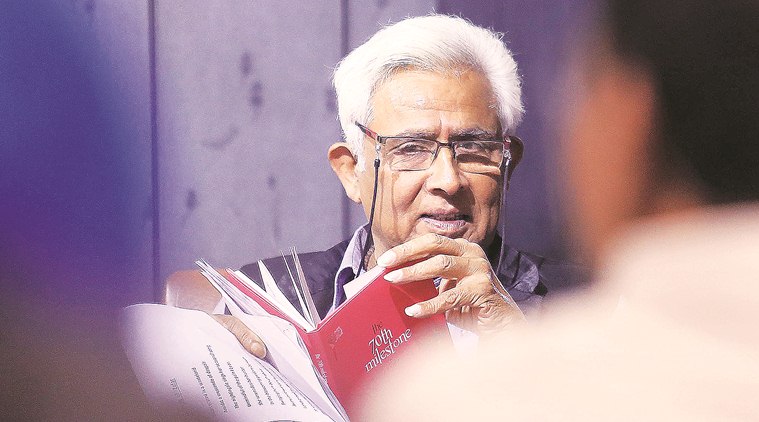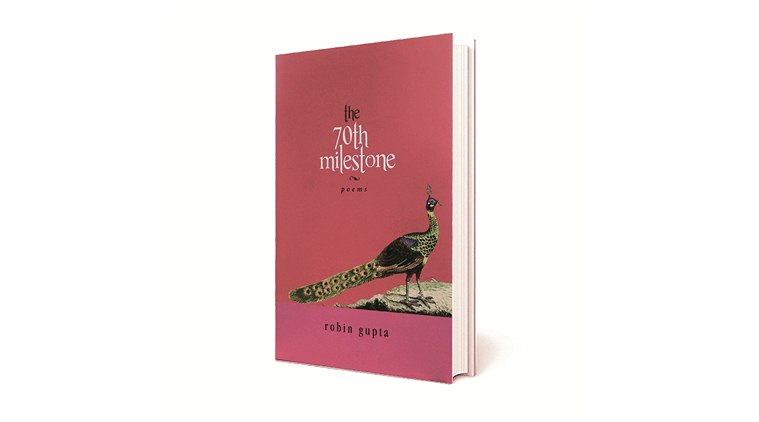Between the Lines
Robin Gupta’s latest poetry collection maps emotions and experiences

Former Financial Commissioner Robin Gupta
Former Financial Commissioner Robin Gupta’s anthology of poetry, The 70th Milestone, written over a span of four decades, draws from a lifetime of experiences. The anthology opens with a poem written in Kashmir, at a reception thrown by late B K Nehru, then Governor of Jammu and Kashmir, for well-known author Dominique Lapierre, who was visiting Srinagar. The poem ‘Government House Kashmir’ was written on a piece of paper, which was later showed to the legendary author, who apparently seemed to like it.
Gupta says poetry never left him through his 37-year career. Getting a ring-side view of India during his travels throughout the sub-continent urged him to maintain a scrapbook whenever he travelled. “From my childhood, I realised that life ends. That finality is certain. The conflict and pain I witnessed in my life and career are reflected in the plangent undercurrent of sorrow in most of my poetry. The need to love, and be loved, made me reach out to the world through my writing. The poem Jamun Tree, for instance, is a reflection on the weak and suffering, who disbelieve that any kindness is coming their way,” says the 70-year-old. History, human civilisation, links of the past and present, the city of Delhi, death, loss, anguish of unrequited relationships find a place in the collection.
Gupta says he found the translation of Zafar difficult. He had to enter the exiled emperor’s mind as he languished in a prison cell after ruling Hindustan. The text is a lament for a last burial place in the land that he ruled over. Another poem that is close to Gupta’s heart talks about the limitation within which unrequited love must operate. Saragarhi, is an ode to the unparalleled gallantry of Sikh soldiers in the battle of Saragarhi (modern day Pakistan), while Siraj-ud-Daulah tells the story of the tragic tale of the last independent Nawab of Bengal.
The author, who has written several essays, monographs, and a memoir, admits that writing poetry is different from writing prose. “One has to struggle for the right word for days, to be able to mirror the powerful sentiment that inspired the poem. The high point is when the sentiment it seeks to convey, gets conveyed,” he says.























No hay comentarios:
Publicar un comentario